4th and 5th grade students got to ask Pennsylvania Gov. Josh Shapiro about gun violence and other issues at a Youth Town Hall hosted by the Rendell Center for Civics and Civic Engagement with the Annenberg Public Policy Center.
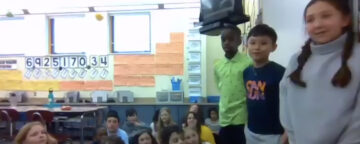

4th and 5th grade students got to ask Pennsylvania Gov. Josh Shapiro about gun violence and other issues at a Youth Town Hall hosted by the Rendell Center for Civics and Civic Engagement with the Annenberg Public Policy Center.

A new study co-authored by Dolores Albarracín finds that redirecting an individual’s attention away from misinformation and toward other beliefs can be as effective as debunking it.

FactCheck.org has won the People's Voice Award for News & Politics websites and mobile sites at the 2023 Webby Awards. This is FactCheck.org's 11th People's Voice honor and 21st Webby.
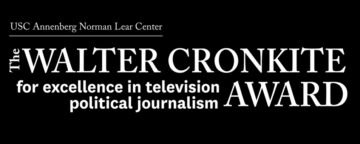
The Brooks Jackson Prize for Fact-Checking, presented with the Cronkite Awards, honors reports on a misinformation campaign that aimed to undermine trust in elections.
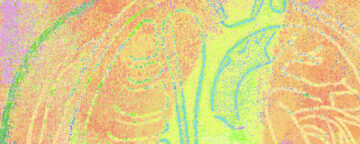
The policy center's spring 2023 ASAPH report finds that women of childbearing age are more likely than other adults to doubt the safety of vaccination against Covid-19 and flu during pregnancy.
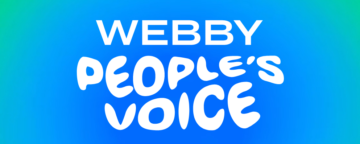
FactCheck.org, a project of the Annenberg Public Policy Center, has been nominated for a 2023 Webby Award in the mobile and website category News & Politics.

A group of experts including APPC Director Kathleen Hall Jamieson offers a dozen recommendations on how to improve the accuracy and trustworthiness of survey research.

In a Q&A, Penn political scientist Matt Levendusky, head of APPC's Institutions of Democracy, discusses his book "Our Common Bonds" and reducing partisan animosity.
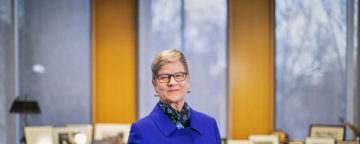
APPC Director Kathleen Hall Jamieson has been elected to a four-year term on the board of directors of the American Association for the Advancement of Science (AAAS).
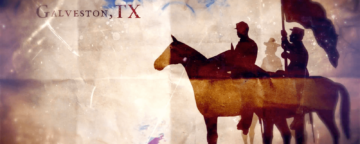
Annenberg Classroom has released a new film exploring the history of Juneteenth and illustrating how and why freedom and citizenship were intertwined.